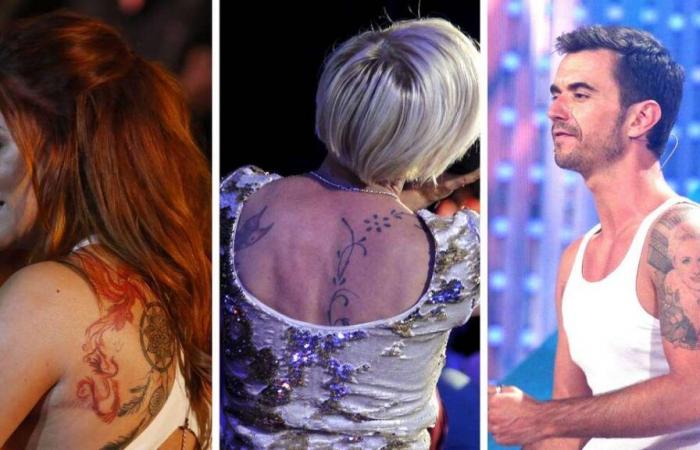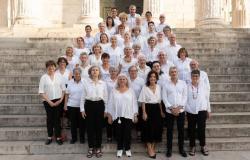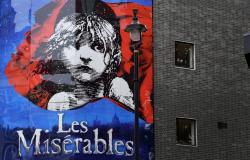Stand: November 2, 2024, 5:09 p.m
Von: John Erb
PressSplit
Helene Fischer recently released an album of children’s songs. There is also a song on it that has been controversial in the past.
Munich – Some of what has been part of our everyday life for decades is now being looked at in a new way: a heated culture war is now being fought in this country over problematic terms (just think of the “Mohrenkopf” debate), stereotypical carnival costumes and even children’s songs. Schlager queen Helene Fischer (40) could now also get into this – of all things because of her new album.
Helene Fischer releases album for children – one song is controversial
The new publication is entitled “The most beautiful children’s songs” and is aimed primarily at parents and their children. Because the young mother knows what an important role Music can play in early childhood development, the album has become a matter close to her heart. Helene Fischer has re-sung a number of well-known children’s songs, including “There’s a Bi-Ba-Butzemann dancing”, “Alle meine Entchen” and “Aramsamsam”.
But the latter piece is now controversial: “In ‘Aramsamsam’ you sing a pseudo-Arabic and also imitate the Muslim prayer posture parallel to the singing,” explains Dr. Nepomuk Riva (47), ethnomusicologist at the Hanover University of Music, Theater and Media, in an interview with Klett-Verlag. ZDF also sees the popular children’s song as problematic. According to the Instagram channel “aroundtheworld,” which is managed by ZDFkultur, the popular children’s song “could be interpreted as a corruption of the Arabic languages.” The “prayer-like bowing during the song” could even be interpreted as a (possible) “rejection of Islam”.
Controversial children’s songs – “Aramsamsam” is not an isolated case
The debate about what one can and should say has long since reached the center of society. A rethink has begun in various areas – including when it comes to children’s songs. Because “Aramsamsam” is by no means an isolated case: the songs “Three Chinese with the double bass”, “Caffee” and “I have an aunt from Morocco” are also accused of reproducing racist stereotypes.
Expert explains criticism of “Aramsamsam” – pop star Helene Fischer is apparently unfamiliar with the debate
“Aramsamsam” originally comes from exactly this culture: the children’s song, which has been sung all over the world since the mid-1950s, is an Arabic piece in the Moroccan dialect, also called “Darija”. Children whose roots can be found in those regions are “raised or bullied with these songs,” said expert Riva in an interview with Deutsche Welle. Because there are now “so many examples” of this, he calls for the feedback from those affected to be taken seriously.
However, the criticism raised has no connection with Helene Fischer’s new album. The origin of the debate dates back several years. Personally, the 40-year-old is probably not even aware of the controversy surrounding “Aramsamsam”, after all, the pop queen has been openly campaigning for tolerance and against discrimination for years. It is therefore unthinkable that she consciously wanted to step on anyone’s toes with her new setting of the popular children’s song – also because the controversy surrounding the piece is not even apparent to most people upon superficial inspection.
But other stars in the industry are also making headlines at the moment: For example, Howard Carpendale (78), who is deeply disappointed in the pop world. Sources used: instagram.com/helenefischer, instagram.com/aroundtheword, ernst-klett-verlag.de, dw.com, renk-magazin.com






